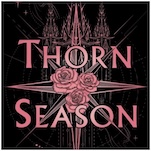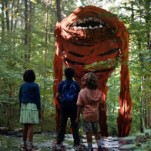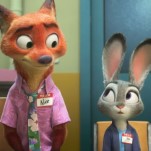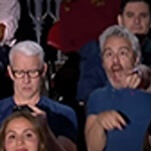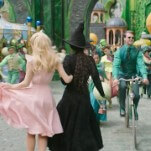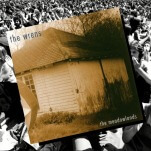Paul Schrader’s Tender Late-Career Efforts Bloom Once Again with Master Gardener
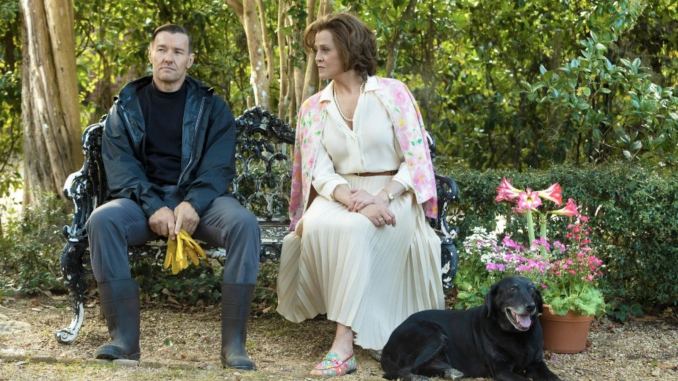
This review originally ran as part of Paste’s 2022 New York Film Festival coverage.
In a short time lapse, a multicolored flower blooms in an all-white, spaceless place, hovering in studio photography limbo. It dissolves away, replaced by another. The screen splits and two bloom simultaneously. More flowers of various colors fade in and out while Master Gardener’s opening credits change over them. Veteran writer/director Paul Schrader has always had a visual obsession with beauty in isolation. Like one of the radiant sets placed neatly in the center of a blank room in Mishima: A Life in Four Chapters, the flowers magnetize your attention and affection preemptively, setting the stage for an emotionally and thematically complex story.
Master Gardener is just as much about the history and philosophy of gardening—and a kind of natural zen state found within—as it is the louder elements (of which there are many): The virulent neo-Nazi past of the born-again horticulturist Narvel Roth (a sage, stern, perfectly cast Joel Edgerton); the identity of Norma Haverhill (a fierce and unbecoming Sigourney Weaver, good as ever), the entitled owner of the southern estate he perfects the gardens of; Haverhill’s sexual exploitation of Narvel. Or, most prominently, the budding romance between the 40-something gardener and the dowager’s Black teenage grandniece, Maya (a tender and equally stern Quintessa Swindell).
Anyone would be proud of managing Gracewood Gardens. It’s a viridescent, well-cultivated network of fresh-cut hedges dictating paths through managed grounds with pockets of monotone or kaleidoscopic floral color sitting in the dirt. As Norma, a gardening authority, explains, it’s “the best of both worlds…curated botany, horticulture and display,” a place for both medicinal healing and aesthetic pleasure.
The house she occupies sits mossy and dour like a rock on the colonial plantation, big southern trees draped all around it. A relic, it looks like it’s molding over, despite the wonder of the surrounding garden where life flourishes. Like Narvel and Norma, the plantation has surrounded itself with beauty to obscure the past.
“Gardening is a belief in the future that things will happen according to plan” is the kind of thing Narvel needs to believe to move on from a life of presumed hate crimes, but it’s certainly gotten him somewhere. Rehabilitated through gardening, Narvel is a changed man—an open, patient, pastoral figure who speaks tenderly and chooses words carefully. His eyes swell up and he gets romantic thinking about the exchange people share with the earth when they walk on soil.
-

-

-

-

-

-

-

-

-

-

-

-

-

-

-

-

-

-

-

-

-

-

-

-

-

-

-

-

-

-

-

-

-

-

-

-

-

-

-

-


